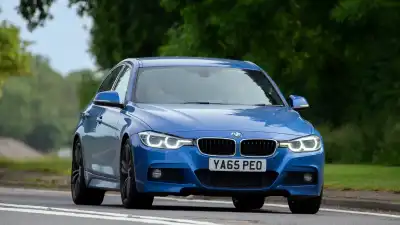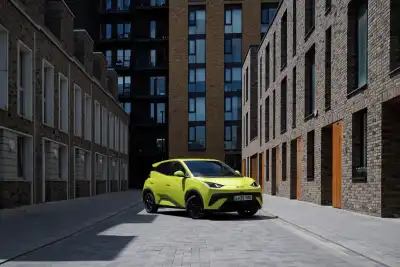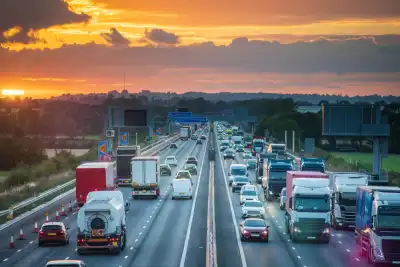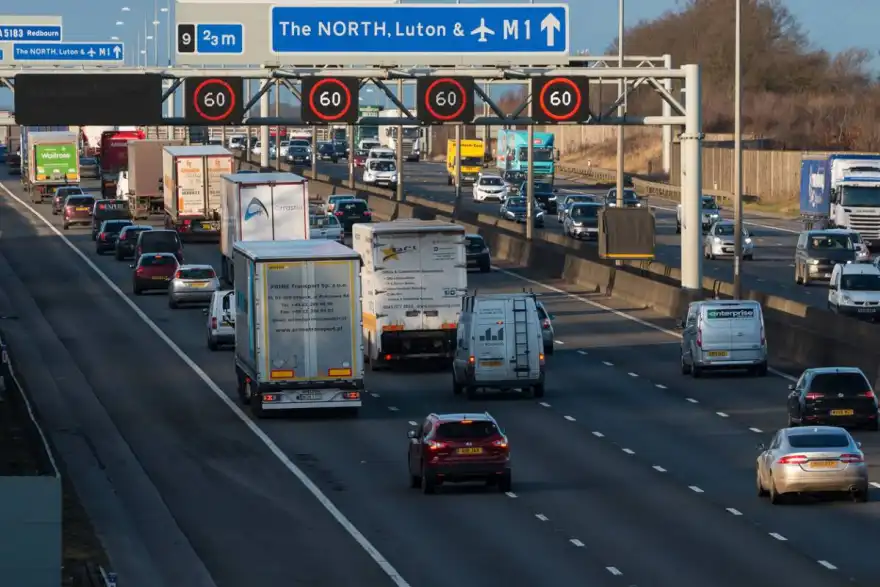
In the run-up to the Conservative leadership election, Liz Truss, breached the topic of raising the national speed limit on motorways. She stated, “On speed limits, we need to be prepared to look at that… I can’t give you a precise answer.”
Although Truss stated that she could not give a definite answer, she has in the past, at a conference in 2018, advocated for the UK speed limit to be increased to 80mph to “increase productivity” by reducing journey times. However, research indicates that an increased speed limit would only make significant savings in driving time on long journeys and in rural areas. One study found that a 200 mile journey at 80mph instead of 70mph, would save you 21 minutes. Though, considering the average car journey is significantly shorter, in reality, people would only be saving a few minutes.
Also, many have pointed out, that in a cost of living crisis, increasing the speed limit would lower fuel economy - leading to people spending even more, on already hiked motoring costs. Research has shown that the most fuel-efficient speed to drive at is 56mph and that an increase of speed limits to 80mph could see motorists using up to 25% more fuel.
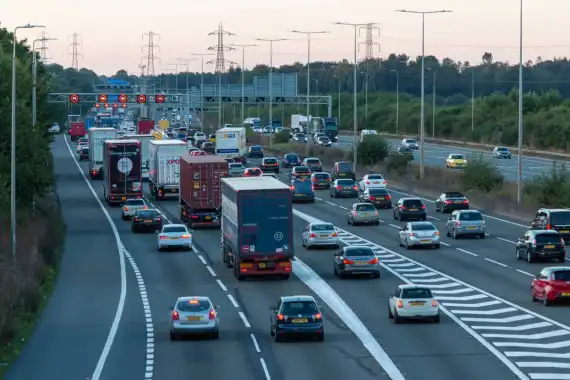
The way the UK has tried to tackle the problem of congestion on the motorways is through controversial smart motorways which Liz Truss also commented on. She said, “I absolutely think that we need to review them and stop them if they are not working as soon as possible.”
Smart motorways use technology to monitor the flow of traffic and introduce variable speed limits and open an extra lane (the hardshoulder) at peak times to minimise congestion.
As well as not succeeding in their original goal to reduce congestion, many think smart motorways are more unsafe than regular motorways.
As Regit has previously reported, smart motorways have raised a number of safety concerns as there is no hard shoulder, leaving broken down vehicles, stranded in live lanes.
In an investigation, reported on by Regit, it was found that Smart Motorways aren’t always detecting broken down vehicles in sufficient time, putting drivers’ lives at risk.
Only time will tell what changes our new Prime Minister makes to our motoring laws, but many will be happy to know that smart motorways could soon be a thing of the past.

